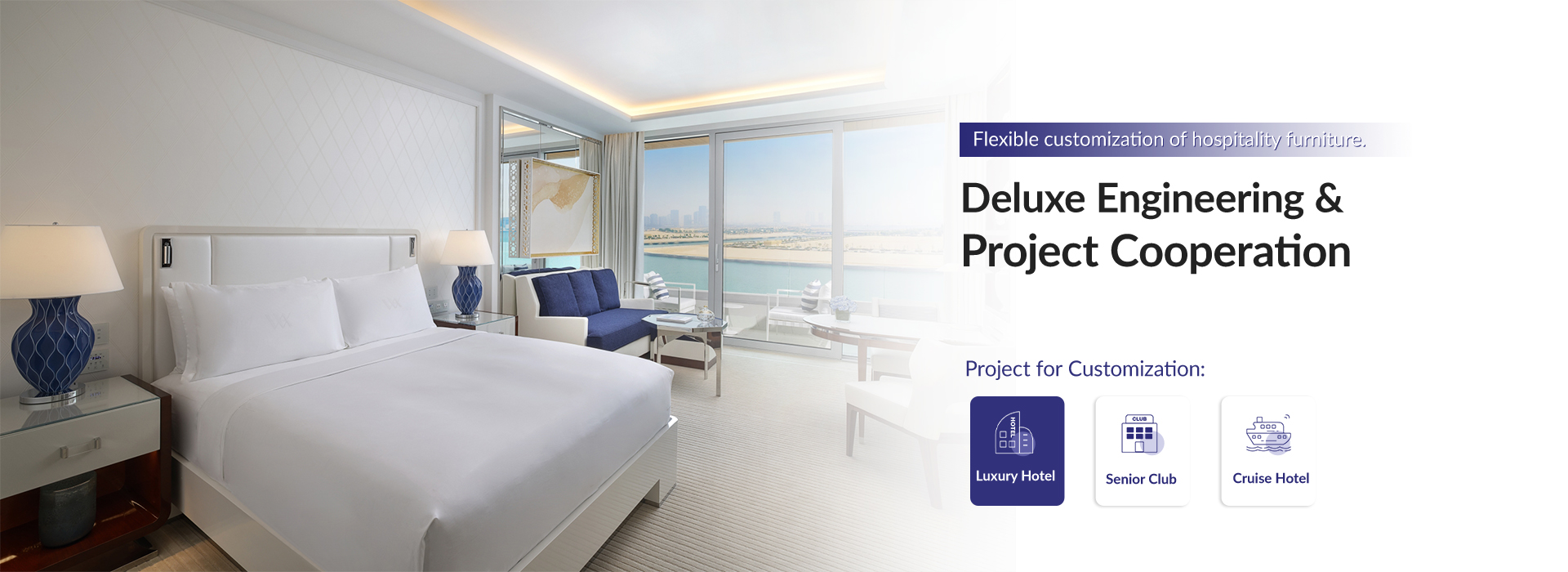
The Revenue Generating Index (RGI) is a crucial metric used in the hotel industry to measure a property’s performance and revenue generation capabilities. In this research article, we aim to explore the significance of RGI in the context of the hotel industry, with a specific focus on hotels in Nevada.
Click to find more about rgi in hotel industry.
The Importance of RGI in Hotel Industry
RGI plays a vital role for hoteliers as it provides an accurate assessment of their property’s ability to generate revenue compared to its competitors. By analyzing various factors such as occupancy rates, average daily rates (ADR), and market demand, RGI helps hotel managers make informed decisions regarding pricing strategies and marketing efforts.
Furthermore, RGI enables benchmarking against similar properties within a specific market or region. This allows hoteliers to identify areas where they are underperforming and implement necessary improvements to enhance their revenue generation potential.
A Case Study: Gainwell Furniture
gainwell furniture is one example of how implementing effective strategies based on RGI analysis can lead to success in the hospitality industry. By utilizing data-driven insights from their RGI reports, gainwell furniture was able to optimize their pricing structure and improve overall profitability.
Through careful examination of competitor rates and market trends using RGI data, Gainwell Furniture identified opportunities for rate adjustments during peak seasons while maintaining competitiveness during off-peak periods. This strategic approach resulted in increased occupancy rates and higher revenues for the company.
The Role of Hotel Furniture
In addition to considering RGI metrics, another important aspect that impacts a hotel’s performance is its furniture selection. High-quality furnishings not only contribute towards guest satisfaction but also play a significant role in attracting customers and enhancing brand image.
hotel furniture, including beds, chairs, and tables, should be chosen with careful consideration of both aesthetics and functionality. By investing in durable and visually appealing furniture pieces that align with the hotel’s overall design concept, hoteliers can create a welcoming atmosphere for guests while ensuring long-term cost-effectiveness through reduced maintenance and replacement expenses.
Conclusion

In conclusion, RGI is an essential tool for evaluating a hotel’s revenue generation capabilities within the competitive landscape of the hospitality industry. Through its analysis of occupancy rates, ADRs, and market demand trends, RGI enables hotel managers to make data-driven decisions regarding pricing strategies and marketing efforts.
Furthermore, by considering factors such as gainwell furniture selection alongside RGI metrics, hotels can enhance their overall performance by providing a visually appealing environment that meets guest expectations. The combination of effective revenue management strategies based on RGI insights and investment in high-quality furnishings contributes to improved profitability and customer satisfaction in the hotel industry.

